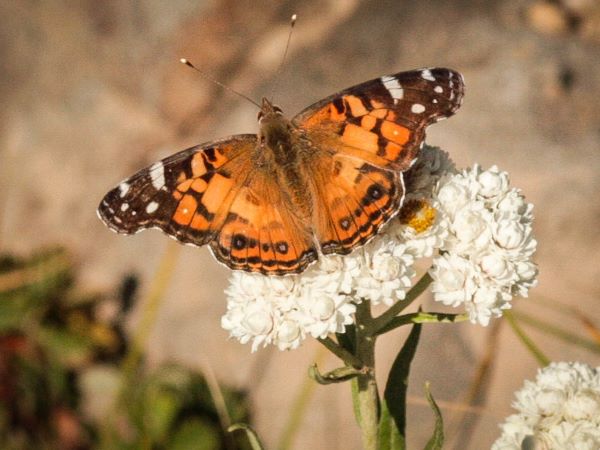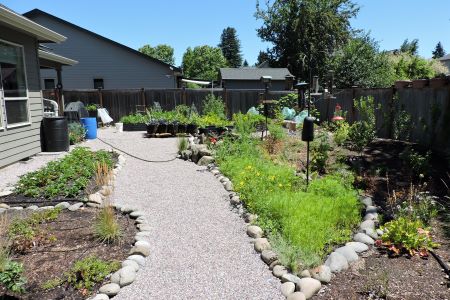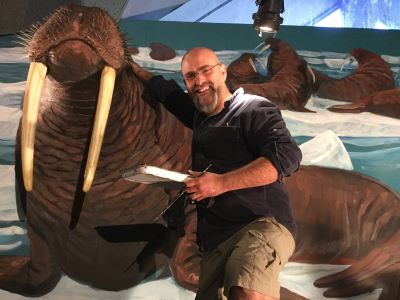To view on YouTube click here. Sue Anderson has been educating people about butterflies for…
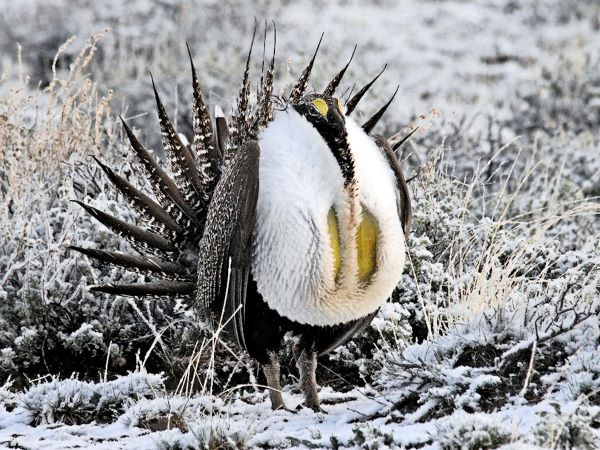
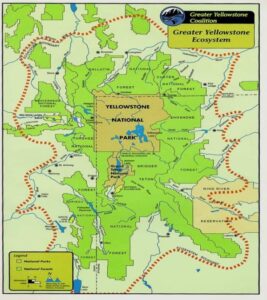 Join Zoom Meeting
Join Zoom Meeting
https://uoregon.zoom.us/j/
Meeting ID: 953 9569 8575
Passcode: 168406
Birding the Greater Yellowstone Ecosystem (GYE)—It’s Not for the Faint of Heart
Say the word “Yellowstone” and most people immediately think of Yellowstone National Park. However, the Greater Yellowstone Ecosystem (GYE) makes up almost 35,000 square miles in the states of Wyoming, Idaho, and Montana. The state of Indiana would fit very comfortably in the GYE. It is the largest intact temperate ecosystem in the lower 48 states and home for almost 300 species of birds. It also offers many challenges for the avid birder. During the dead of winter, a birder may only find three or four species of birds during a hard day of birding. At the peak of spring migration, that same birder might be rewarded with more than 100 species after a moderate day of chasing birds.
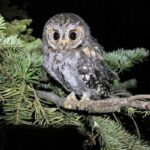 Join the Lane County Audubon Society for a program about this incredibly rich land. Tim Griffith will present information that he has gleaned from years of birding in the vast ecosystem. His program will take us through an average year of birding in the national parks, national forests, national wildlife refuges, and other public lands that make up the Greater Yellowstone Ecosystem.
Join the Lane County Audubon Society for a program about this incredibly rich land. Tim Griffith will present information that he has gleaned from years of birding in the vast ecosystem. His program will take us through an average year of birding in the national parks, national forests, national wildlife refuges, and other public lands that make up the Greater Yellowstone Ecosystem.
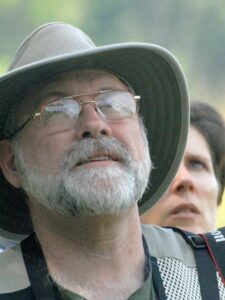 Tim is a recent transplant to Eugene from Jackson Hole, Wyoming. He spent eight years working with wildlife and avian biologists from several wildlife conservation organizations, as well as both Grand Teton and Yellowstone National Parks. A rabid birder from the age of 10, he has spent many hours hiking, floating, and driving the backroads, mountains, and forests of the entire Greater Yellowstone Ecosystem. He participated in many research projects from tracking Great Gray Owls to doing Breeding Bird Surveys, while always keeping his eyes out for Grizzly Bears and Mountain Lions. Birding in the GYE is not for the faint of heart! Tim holds a B.S. in Plant and Soil Science, with minors in Forestry and Wildlife Ecology, and an M.S. in Wildlife Ecology, all from Southern Illinois University.
Tim is a recent transplant to Eugene from Jackson Hole, Wyoming. He spent eight years working with wildlife and avian biologists from several wildlife conservation organizations, as well as both Grand Teton and Yellowstone National Parks. A rabid birder from the age of 10, he has spent many hours hiking, floating, and driving the backroads, mountains, and forests of the entire Greater Yellowstone Ecosystem. He participated in many research projects from tracking Great Gray Owls to doing Breeding Bird Surveys, while always keeping his eyes out for Grizzly Bears and Mountain Lions. Birding in the GYE is not for the faint of heart! Tim holds a B.S. in Plant and Soil Science, with minors in Forestry and Wildlife Ecology, and an M.S. in Wildlife Ecology, all from Southern Illinois University.
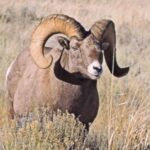 Our programs are free and open to all. Please plan to join us at the Campbell Center (155 High Street) near Skinner Butte. The East Hall has comfortable seating and a big screen, or you can enjoy the program from home over a Zoom link, which will be available about a week before the meeting on the LCAS website. Past program meetings are posted on our website within a week or so after each meeting.
Our programs are free and open to all. Please plan to join us at the Campbell Center (155 High Street) near Skinner Butte. The East Hall has comfortable seating and a big screen, or you can enjoy the program from home over a Zoom link, which will be available about a week before the meeting on the LCAS website. Past program meetings are posted on our website within a week or so after each meeting.

